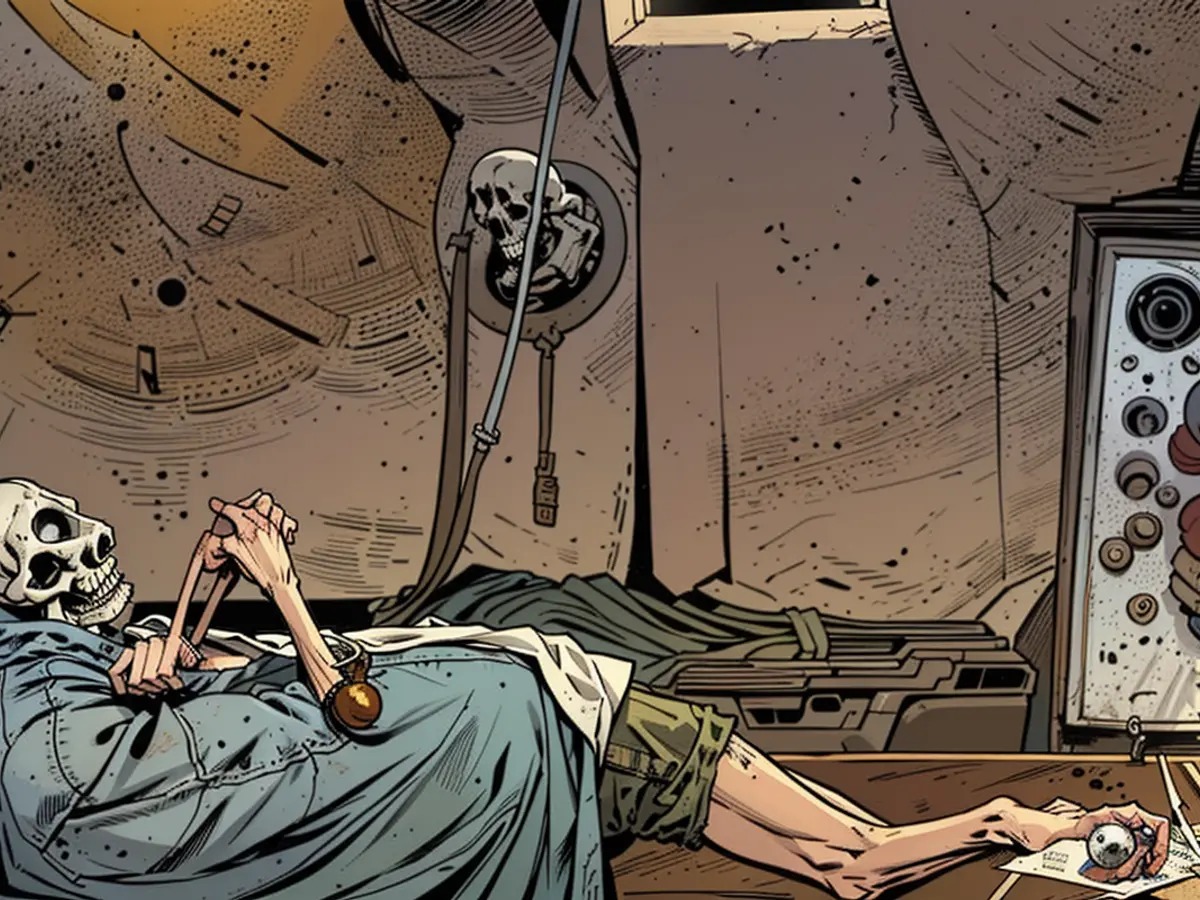- Skeletons of victims of the Vesuvius eruption found in Pompeii
Archaeologists have discovered the skeletons of two victims of the catastrophic volcanic eruption in the submerged city of Pompeii, Italy, in 79 AD. Researchers believe the remains belong to a woman and a man who sought refuge in a room during the eruption of Mount Vesuvius. Excavations are currently underway in the room where the skeletons were found, according to the Archaeological Park.
The woman's skeleton was found on the remains of a bed. Alongside her were found a small treasure trove of gold, silver, and bronze coins, as well as golden earrings and pearls. Based on the furnishings, researchers believe the room was her bedroom. The woman and the man chose this room as a refuge from the ash and rock fragments during the eruption.
According to the Archaeological Park, the room was so well-sealed that only the surrounding rooms were filled with pumice. However, this also meant the door was blocked, trapping them inside where they perished. Researchers have been able to reconstruct the furniture present during the eruption: a bed, a chest, a lamp, a table with a marble top, and other objects.
In the submerged Roman city at the foot of Vesuvius, archaeologists often make spectacular discoveries. In 79 AD, ash, mud, and lava covered the ancient city following several volcanic eruptions. Pompeii was rediscovered in the 18th century. The preserved remains of death and destruction still offer a glimpse into life at that time. Today, the park is one of the most popular tourist attractions in Italy.
The European Union has expressed its interest in preserving and further excavating the archaeological site of Pompeii, recognizing its significant historical and cultural value. The European Union has allocated funds to help restore and maintain the ancient city, ensuring it remains accessible for future generations.








